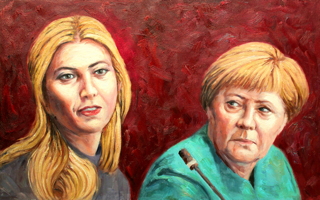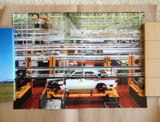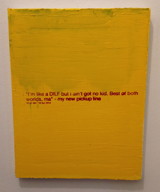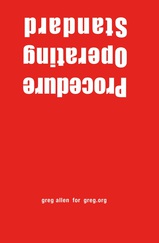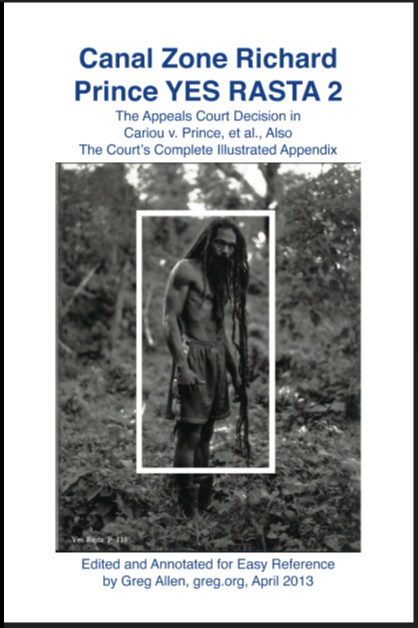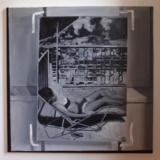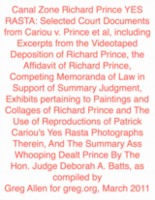France Location Day 1: Iím not in France. Crewís not in France. (Granted, Jonah and Alice are scheduled to leave Saturday night. I left for JFK Friday night, intent on getting to our production companyís office in Paris Saturday, to touch base with the equipment and sound folks.
After five-hours, waiting on the plane and then getting regurgitated back to the gate, Delta canceled the flight. Grabbed a car and headed back to Manhattan at 2:00 AM. Now, Iím taking the lead actor, Dodgeís flight through Washington, and getting in just a couple of hours ahead of the crew (on United this time). The moral: Every day of production will involve me staying up past 2AM.
Thereís an upside, though. Or several. Iíll be able to see my wife, whoís working through the weekend in DC. Moral: when the Lord closes a door, he opens a window. You just have to have all your luggage hand-searched before you climb through it.
And I changed my camel coat for a microfiber one. (The forecast in France next week is for intermittent rain.) As I put the new coat on in our storage space (where itís been hanging for how long? Youíll see.), I reached into the pocket and found a Carambar (the French equivalent of a Sugar Daddy) and a small sheaf of receipts dated February 2000. The last time I wore this coat was in Paris, on the trip where I first visited Thiepval (the memorial in the script). The totemic role we now ask objects like these to play.
Yikes. I wrote that at LGA, then read the NY Times on the plane, including Barbara Stewartís article, ìCapturing for Generations the Agony of a Single Day.î Historians and archivists are gathering hoards of objects, large and small, momentous and mundane, betting that theyíll find the right ones to effectively ìembody the horrorî of September 11th. The last paragraph quotes Mike Wallace, author of Gotham :
Itís tempting to say that this massive roundup of objects is overkill. I suspect weíre doing this as much for ourselves, to come to terms with it. Thereís a sense that things will serve as markers, and itís a human thing not to want to let the moment fade.
And I was watching the DVD of Hirokazu Kore-edaís After Life, where a group of heavenly bureaucrats assist the newly dead in selecting the one memory theyíll keep with them for eternity. Reading the directorís notes on I found this:
Our memories are not fixed or static. They are dynamic, reflecting selves that are constantly changing. So the act of remembering, of looking back at the past, is by no means redundant or negative. Rather, it challenges us to evolve and mature. The recreation of memories allow the dead (i.e., characters in the film) to come to terms with the past, affirming and accepting their lives in the process.
And bringing it home, also from the NYT: In discussing The US government's squandering of international goodwill through ignorance and unilateral militarism, Steven Erlanger mentions Rudyard Kipling's "Recessional," which commemorates the soldiers lost in WWI. It's last line: "Lest we forget, lest we forget."
[posted from Dulles using Mobilestar, which could become addictive.]

